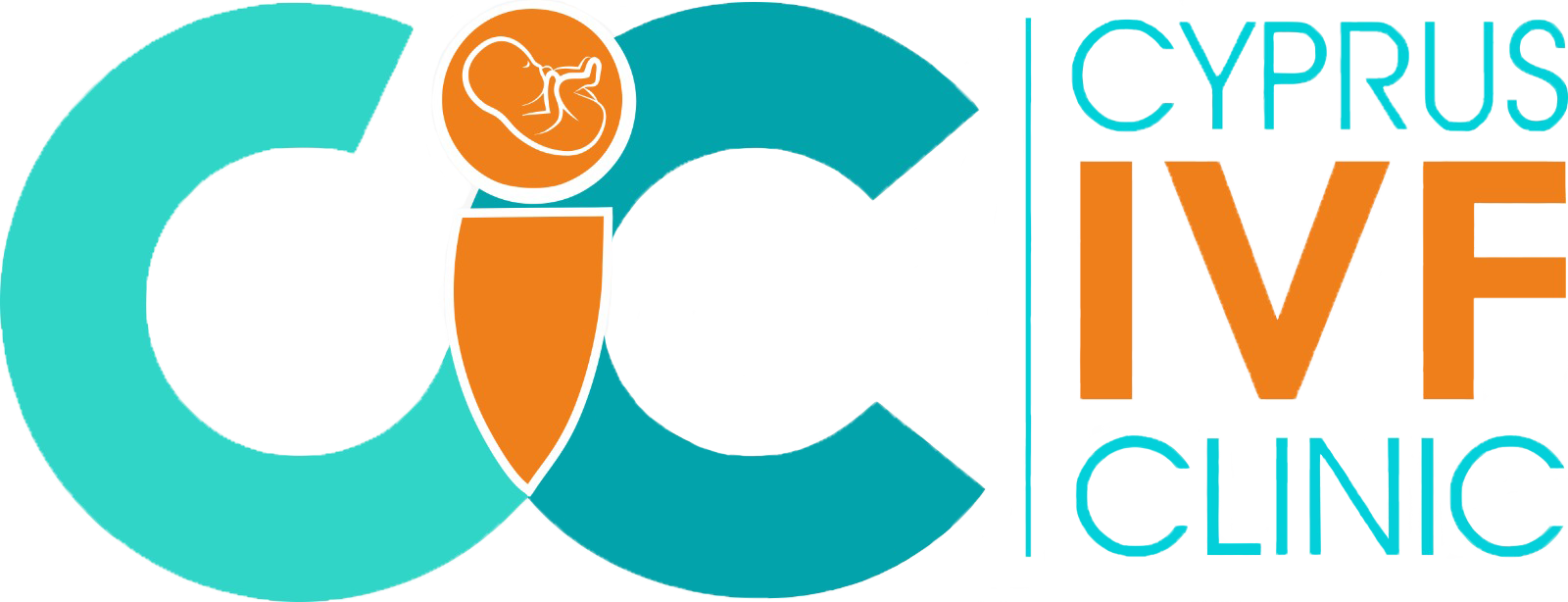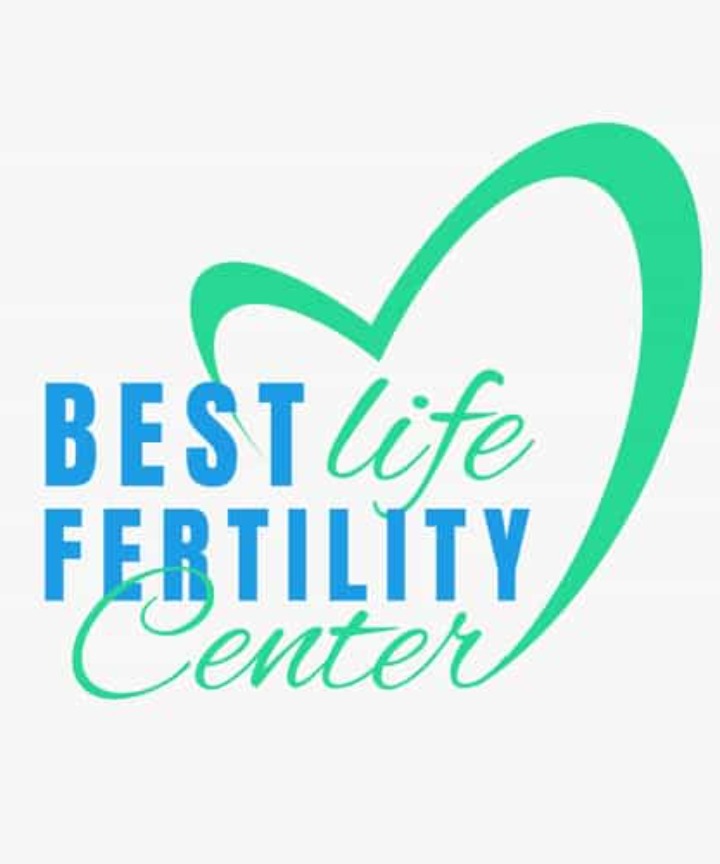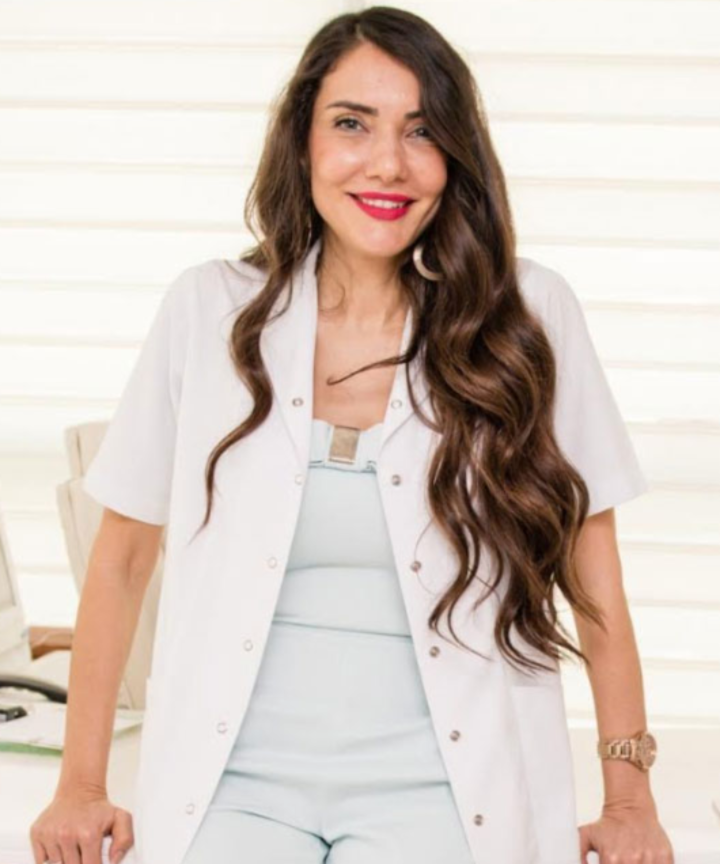Egg Donation IVF
Egg contribution IVF uses donated eggs to help infertile couples conceive. When a woman's eggs aren't viable or there's a high genetic disease risk, the process is used.Donating eggs IVF has many steps. Find a donor first. Egg donors are usually healthy 20- or 30-year-old women who have completed comprehensive medical and psychological screening.
Once a donor is found, she is stimulated to produce many eggs. Hormone shots over two weeks usually do this. Medical staff check the donor's health and hormone levels.Transvaginal ultrasound-guided egg retrieval retrieves the donor's eggs. The donor's ovaries are needled to remove the eggs. Most donors recover within a few days after the minimally invasive, sedated surgery.
The eggs are fertilized in a lab using the intended father's or a donor's sperm. After many days of culture, the most viable embryos are transferred to the prospective mother's uterus. Embryo transfer, a minimally invasive process, involves introducing a tiny catheter through the cervix and into the uterus to deposit the embryos. After embryo transfer, the intended mother is given medicine to support embryo implantation and monitored for pregnancy. If successful, regular check-ups and monitoring will continue throughout the pregnancy.
Egg contribution IVF is a successful infertility treatment. Many couples conceive within a few cycles of treatment. Before starting treatment, evaluate all the risks and advantages. Finally, egg donation IVF has helped many infertile couples start families. It can be successful and satisfying if medical practitioners carefully consider and support it.


